
President Donald Trump lays out America’s military policy in Afghanistan on Monday night.
In his speech on his new policy in Afghanistan last night, President Trump said “America’s enemies must never know our plans or believe they can wait us out.” As far as Afghanistan is concerned, he’s half-right.
That America’s enemies have believed they can wait us out has indeed been the key barrier to success in Afghanistan. Washington has had one eye on the exit almost from the beginning: The Bush administration pursued a “modest footprint” strategy in 2001, reversed course and increased troop levels starting in 2003, then drew down troop levels starting in 2005 by handing off larger parts of the mission to NATO allies. That went poorly, and in late 2009 President Obama announced a large surge in troop levels – but also publicly emphasized that this was temporary.
At this point, if you were leading the Taliban or the Afghan branch of al Qaeda or ISIS, why wouldn’t you believe you could wait us out? Under the circumstances, convincing them otherwise might require the course advocated by Vance Serchuk, a foreign policy adviser to retired Senator Joe Lieberman who is now an adjunct senior fellow at the Center for a New American Security:
What Washington has never attempted in Afghanistan, over the course of more than 15 years there, is the one policy that has been necessary from the outset: an explicit commitment to a sustainable, sustained U.S. military presence in the country.
If Trump announced that he expects US troops to remain in Afghanistan after the end of his term in office, even if he’s reelected, that might change the strategic dynamic in Afghanistan: It would be letting our enemies know our plans in order to persuade them that they can’t wait us out. President Trump’s assurance that “conditions on the ground, not arbitrary timetables, will guide our strategy from now on” seems unlikely to cut it. And with the State Department still understaffed and acting ambassadors serving in key regional capitals, it’s not clear that the Trump administration is equipped to reinforce its military strategy with the requisite diplomatic effort.
If a permanent commitment is off the table, the future of the US intervention in Afghanistan most likely looks something like Yemen or Somalia: Drone strikes, the occasional special forces raid, possibly some aid to proxy forces, but no more large US troop presence and no real effort to halt or mitigating long-running conflicts. That’s not an attractive prospect, and it’s understandable that policymakers would be reluctant to embrace a course that would look a lot like accepting defeat. But it may only be matter of time.



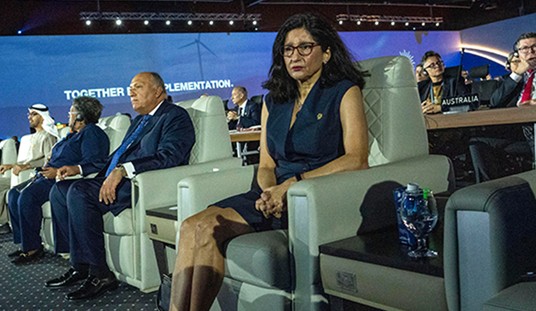
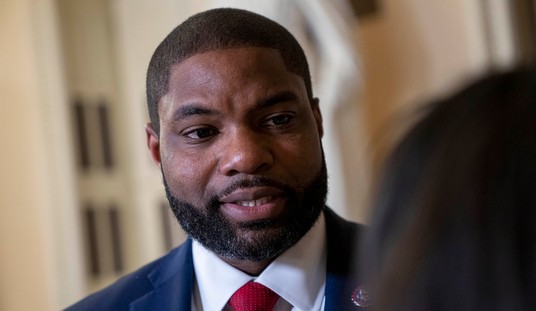
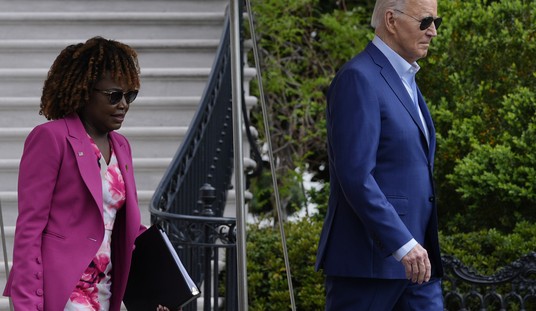
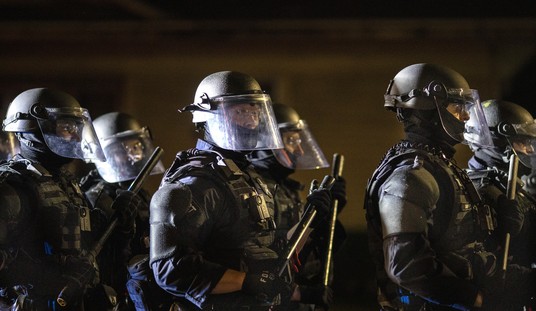
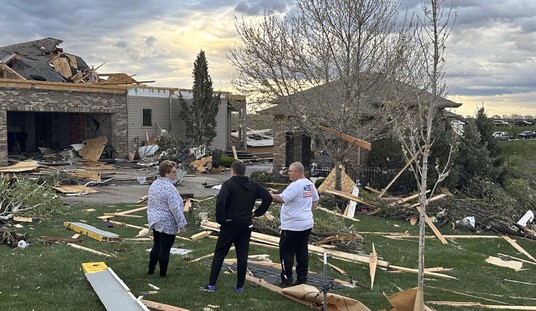

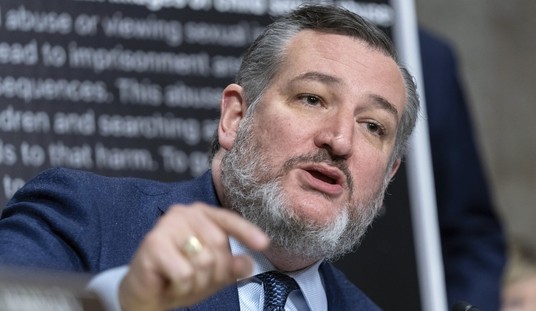




Join the conversation as a VIP Member